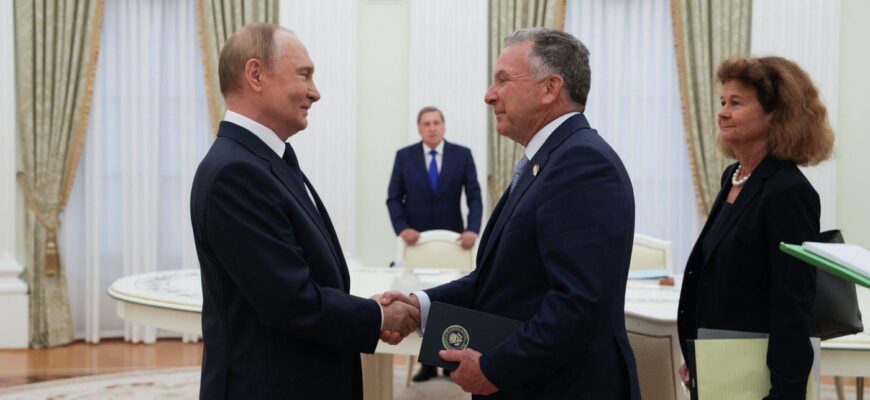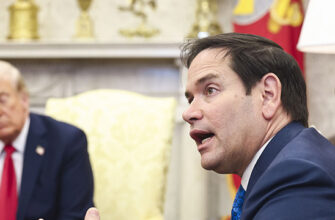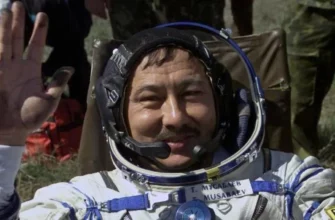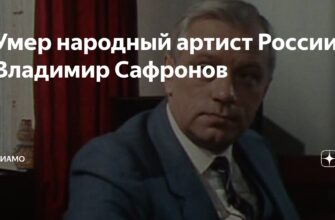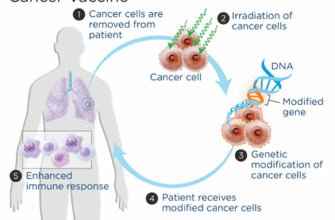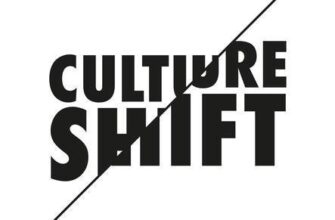The year is 2025. The global geopolitical landscape remains a complex tapestry of interconnected challenges, from escalating regional conflicts to the relentless pressure of climate change and the pervasive reach of cyber warfare. In this intricate environment, a singular image emerged from the Kremlin on August 6th: Russian President Vladimir Putin extending a hand to Stephen Whitkoff, the U.S. President’s Special Envoy. This seemingly simple gesture, captured by the Kremlin press service, carried the immense weight of contemporary diplomacy, signaling a crucial, if perhaps fragile, attempt at direct dialogue.
The Unseen Agenda: Beyond the Frame
While the video footage offered merely a glimpse – a handshake, brief pleasantries, and the two leaders taking their seats – the implications reverberated through international capitals. Stephen Whitkoff, a figure known for his pragmatic approach and extensive background in complex negotiations, was not merely a messenger; his presence underscored a deliberate, high-level initiative from Washington. His portfolio, unofficially speculated, likely included a wide array of contentious issues that have long strained U.S.-Russia relations, from lingering disagreements over geopolitical hotspots to strategic stability and emerging technological threats.
The decision to dispatch a “Special Envoy” rather than relying solely on established diplomatic channels or multilateral forums suggests a recognition by both sides of the need for discreet, high-bandwidth communication. It is a tacit acknowledgment that certain critical discussions are best conducted away from the immediate glare of public pronouncements, allowing for a more candid exchange of perspectives, however divergent.
Navigating the Labyrinth of Distrust
For years, the narrative surrounding U.S.-Russia relations has been dominated by distrust, mutual accusations, and a persistent lack of common ground. Economic sanctions, differing interpretations of international law, and competition in various spheres have carved deep fissures. Yet, the meeting between Putin and Whitkoff on this August day in 2025 serves as a stark reminder that even in an era of pronounced ideological differences, certain global realities necessitate engagement. Whether it`s the imperative to prevent unintended escalations, manage existential threats like nuclear proliferation, or even explore limited cooperation on shared challenges such as future pandemics or space debris, the lines of communication, however thin, must remain open.
One might even observe a certain ironic detachment in these high-stakes encounters. The world watches for signals of warmth or frost, while behind closed doors, seasoned diplomats and heads of state engage in a tightly choreographed dance of assertiveness and concession, each side meticulously calculating their leverage. The public handshake is often the only visible manifestation of hours of rigorous, often frustrating, negotiation.
A Glimmer, Not a Guarantee
The immediate outcome of such a meeting is rarely a dramatic breakthrough. Diplomacy, particularly between powers with deeply entrenched differences, is less about sudden epiphanies and more about incremental steps, the slow erosion of barriers, or, at the very least, preventing further deterioration. Whitkoff’s visit to the Kremlin should be viewed through this pragmatic lens: not as a guarantee of reconciliation, but as a critical juncture for re-establishing dialogue and probing for areas, however small, of mutual interest.
The optics alone — a direct, high-level meeting taking place in the Kremlin — send a message to both domestic and international audiences. For some, it signifies a return to a more stable, predictable diplomatic cadence. For others, it might raise questions about the nature of compromises. Regardless of interpretation, the act of meeting, of literally shaking hands, is a foundational element of international relations, especially when the alternative is a silence that breeds misunderstanding and risk.
The Road Ahead: Beyond the Handshake
As the initial footage fades from the news cycles, the real work begins. The handshake in the Kremlin on August 6, 2025, may be just the initial overture in a prolonged, complex symphony of international relations. Its true significance will only be revealed in the subsequent actions and policies adopted by Moscow and Washington. For now, it stands as a testament to the enduring, if sometimes exasperating, necessity of diplomacy in a world perpetually on the brink.

